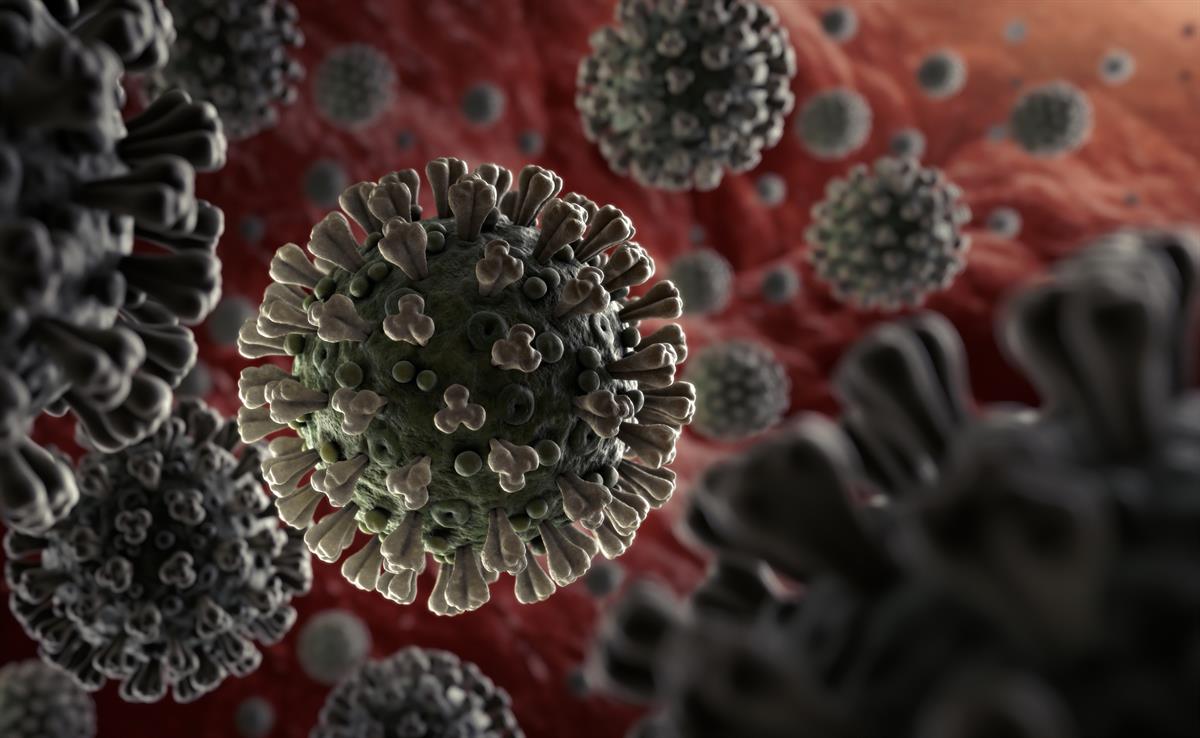Health experts say the virus has likely been in some U.S. communities for weeks and some people have surely had it without realizing
As health officials issue reports on positive test results and increasingly full ICUs, the gravity of the Covid-19 crisis is setting in. Many of these reports give the impression that the virus only recently began infecting Americans in significant numbers. But health experts say the virus has likely been in some U.S. communities for weeks, and that some people have surely had it without realizing it.
“Yes, it’s possible you may have had it and didn’t know it,” says Dr. Lee Riley, MD, chair of the division of infectious disease and vaccinology at the University of California, Berkeley, School of Public Health. The more recently you were sick, he says, the greater the odds that it could have been Covid-19. But those odds are low.
Riley explains that testing for Covid-19 did not begin in earnest until recently — just this past week, for many U.S. states and cities. “It still takes a few days for the test results to come back, and the results are usually not reported until a certain number of tests have been done,” he says. In other words, there’s a lag between the figures we are seeing and the reality of the virus’s spread. Depending on the area of the country a person lives in, it’s likely that some small percentage of the population had Covid-19 several weeks ago — or, in the case of places like Seattle, even a month ago or longer — and didn’t know it.
While timelines concerning the virus’s spread vary from one place to the next, Riley says a good rule of thumb is that, once your city or town has a confirmed Covid-19 death, the virus has probably been in your community for about two weeks. He also says that, based on virus data collected in China, it’s likely that many people who contract the virus have mild symptoms or, in some cases, no symptoms at all.
“In fact, symptoms for most people are quite mild,” says Dr. Sandro Galea, MD, a physician and dean of Boston University School of Public Health. He says that up to 80% of people who contract the virus have only weak symptoms — such as a low-grade fever or cough — and that they may have mistakenly attributed these to the common cold or some other minor ailment. “It’s definitely possible to have it and not realize it,” he says.
A good rule of thumb is that, once your city or town has a confirmed Covid-19 death, the virus has probably been in your community for about two weeks.
Let’s say you had cold- or flu-like symptoms at some point during the past few weeks. What’s the likelihood that you had Covid-19? No one can say for sure. But Riley says that, to this point, roughly 10% of people in the United States who have been tested for the virus actually turned out to have it. “That means a lot of these people who have respiratory symptoms and are being tested are infected by other pathogens,” he says. Even if you had all the major symptoms of Covid-19 — which, according to the Centers for Disease Control and Prevention, are a fever, cough, and shortness of breath — you were probably dealing with some other illness.
Is there any way to know for sure? If your symptoms are gone, probably not. Riley says that the only way to look for a past infection is with an antibody test, which may not be able to tell the difference between Covid-19 and other common varieties of the coronavirus. And, as of right now, this test doesn’t exist for the Covid-19. Even if you have a lingering cough or some other vestige of your illness, he says he doesn’t recommend getting tested. Going to a place where testing resources are available could expose you to people who have the virus and also to other ill people who are infected with bugs you could catch. There’s little sense in exposing yourself to sick people unless you absolutely must. “Stay home,” he says.
The one exception, he adds, is if you’re going to have to interact with an elderly relative or someone who is immune-compromised, so you need to know if your symptoms are related to Covid-19. “On a case-by-case basis, there may be a reason you need to be tested,” he says. But keep in mind that you won’t have your test results for a few days. And even if you test negative for Covid-19, you wouldn’t want to spread whatever you have to a sick or aging loved one.
Test or no test, if you think you may have had Covid-19, you may also be wondering if you can get it again. “Good question,” says Boston U’s Galea. “That remains unresolved, but there likely is some immunity once one has had Covid-19. Whether that immunity is complete or not is less clear.” That means if you get it again, you’re probably more likely to have a mild or asymptomatic case.
The coronavirus outbreak is rapidly evolving. To stay informed, check the U.S. Centers for Disease Control and Prevention as well as your local health department for updates. If you’re feeling emotionally overwhelmed, reach out to the Crisis Text Line.
